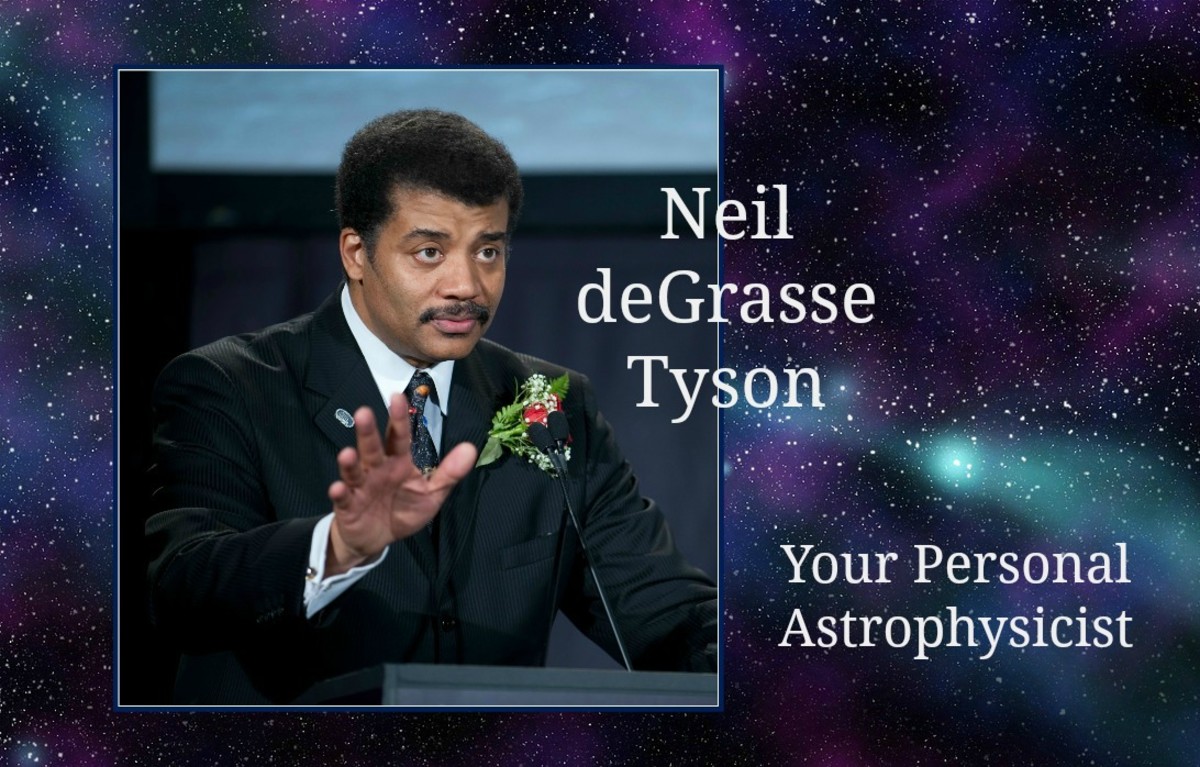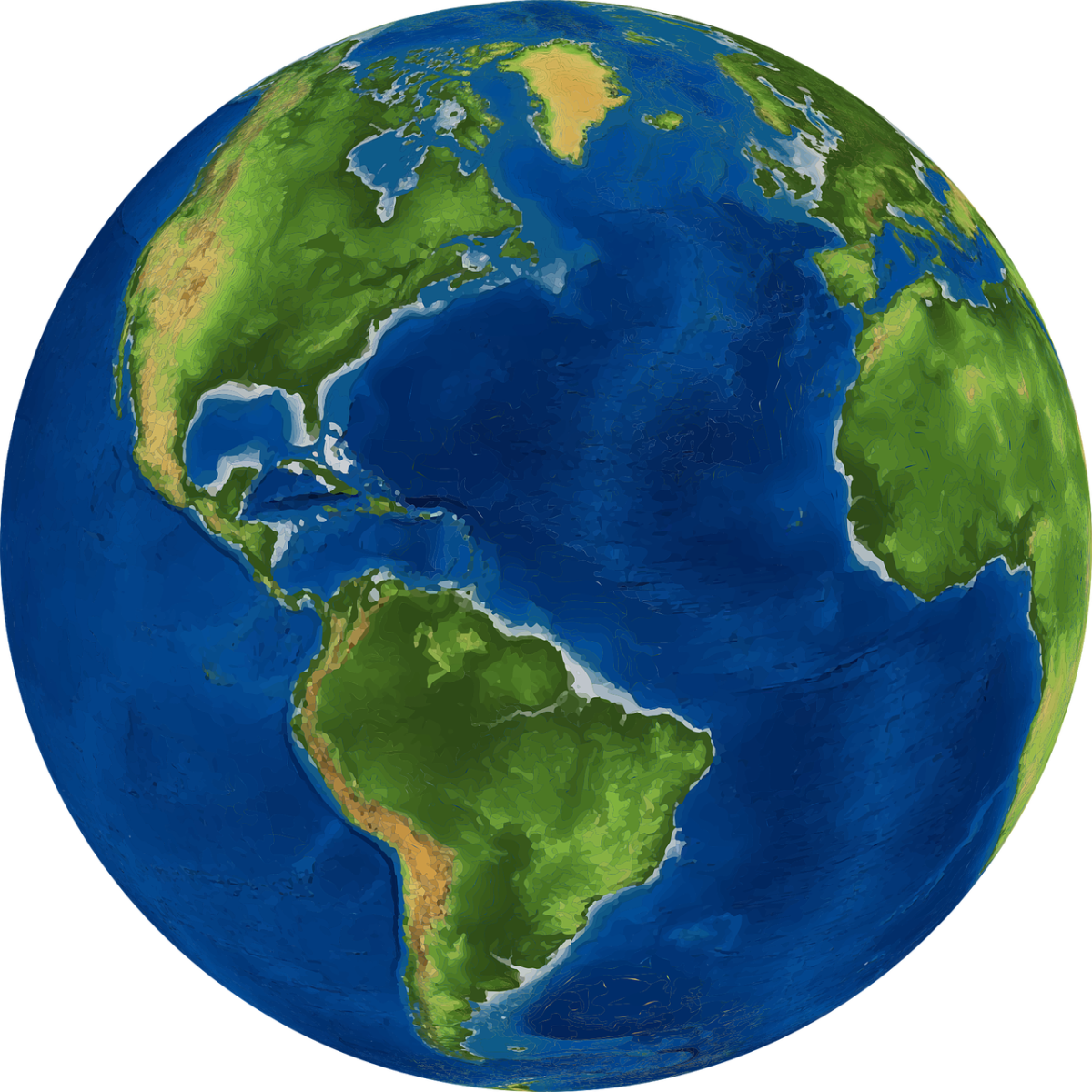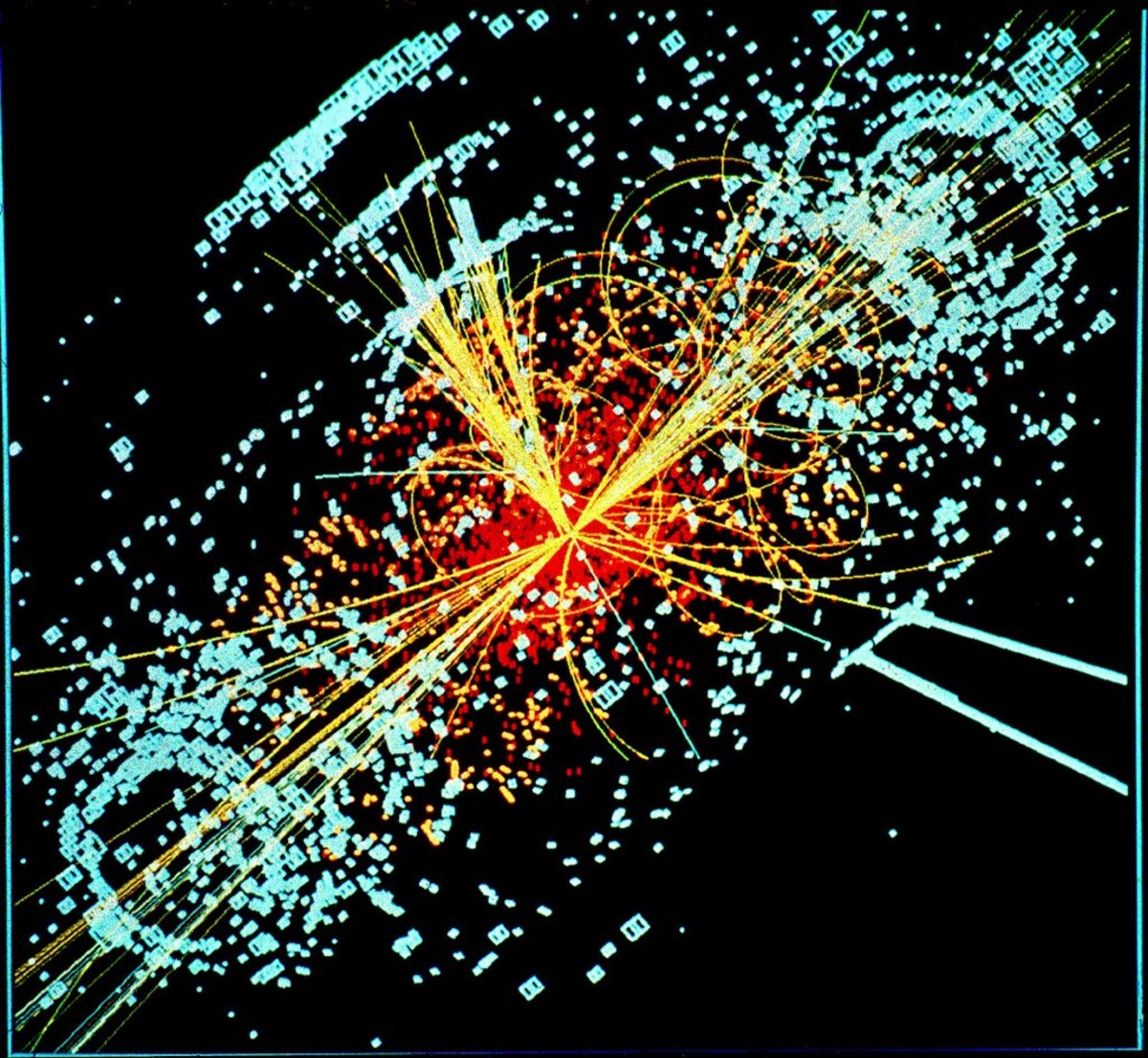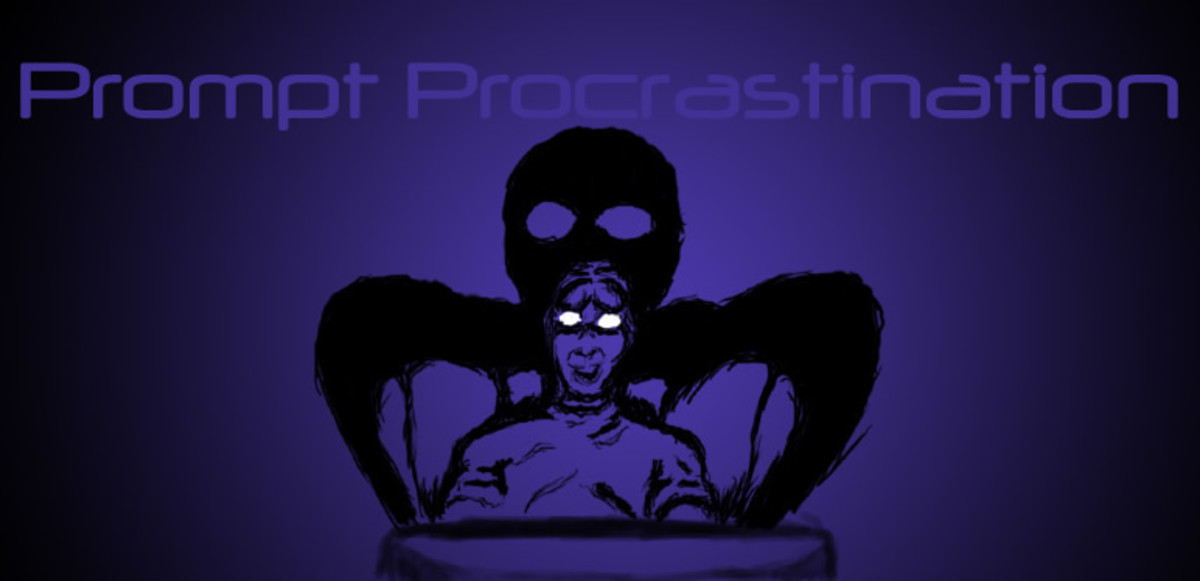Why Pantheism And Not Just Atheism?

Why Pantheism and not just atheism?
Well lets look at what a religion is. By most definitions religion is set of beliefs about the universe and humanities place in it. It is about the origins of mankind and the meaning of life. It is the study of the mechanics of existence and how it all works. Religion is a place people traditionally derive ethics and morality from. It is often there to be a comfort in times of need and a way to sooth hardships. It is a way of life or life style.
Traditional religions also have supernatural aspects. A divine being separate from the world and conscious.
Rational, scientific or naturalist pantheism fits most of these criteria. We have a set of understandings about the universe and humanities place in it. Through these understandings we derive morality and ethics. It is a life style or way of life. But our god is not divine or separate.
Science is not a religion. It is a method for getting at objective truth. But like religion it is a study of the mechanics of existence. It studies our origins. However, any interpretation of the data science finds is no longer science. It is science philosophy. It studies the consequences and implications of what science finds.
Scientific or Rational Pantheism put the two together. It is a religion or word view based on science, and the implications of science. In other words: It is Science philosophy.
Atheists often say there is no meaning for life and that it is a random accident. Pantheists don’t see it that way. The universe is order due to the natural laws of cause and effect, there are no accidents. If one looks at it, there are actually three levels of meaning or purpose for life. Though this is not pantheist philosophy as such, it is complimentary to it.
1) Our function seems to be to gather, dissect, process and pass on information. This is our objective purpose.
2) The things society and others demand from us, such as being good law abiding citizens. These are our decreed purposes, and there are many.
3) But then there is our subjective purpose. We find subjective purpose for ourselves if we need one. Many pantheists don’t need one. For me, function is my subjective purpose as well as my objective one.
Pantheism sees the universe and all things as intimately connected. So does science. Our god is not a god in the traditional sense, it is the process of existence, which qualifies as a god in every way except that it is not thought to be conscious, and it is not outside or separate from us in any way.
We love the universe and its wonder and mystery. Some revere it and consider it sacred. To a pantheist nothing is objectively below or above anything else. But subjectively, there is nothing wrong with considering certain things sacred.
To many atheists, the findings of science are not much beyond very interesting. To the Scientific or Rational pantheist, the findings of science are revelations and real religious experience.
Pantheists don’t believe in a life after death. That can be a very comforting thought. It is for me. Our energy exists for ever, though it dissipates and joins other systems. The links we add to the chains of cause and effect go on forever. We live in others through our genes, our works, and through their thoughts. The value in life is in its finite nature. Each life is precious exactly because it is not eternal.
You can call pantheism a religion or a world view. It doesn’t matter. If you want to go deeper into the philosophy it is an objective world view, and a place to begin any search for truth and knowledge.
So why Pantheism and not just atheism?
Well first let’s look at atheism. Atheism tells us one thing about a person. It tells us that person lacks belief in god or gods. That’s important.
If, like those who say they are strong atheists, you say there is no god, you run into a problem. You can no more prove no form of god exists than you can prove any one of the 8000 plus gods mankind have invented or imagined, do exist. Strong atheism is therefore assuming a lot.
Atheism in its common form is lack of belief. It is not a belief that there is no god. It is a lack of belief in gods. There is a big difference. If you want to find the truth you can not afford to assume anything. Lack of belief either way is the strongest position.
So the word atheism simply tells you that one thing about a person and nothing else. Contrary to popular misconception: It doesn’t give you even the smallest clue as to what the person actually does believe, if anything.
Pantheism is a world view. So it has a set of beliefs, or what I would rather called views or understandings of the world.
Atheism is not an organization. The Christians often criticize atheists because they say there are no atheist charities. While there are a number of non-religious charities, it is no wonder there are no atheist charities. It would be the same as asking why there are no charities by organizations of people who don’t play baseball. Should all the people who do not believe in big foot get together to raise money for a charity? Of course not. They are not an organization. Atheism is not an organization either, and shouldn’t be expected to organize charities.
Pantheism is a world view. Atheism is not a world view. But Pantheism is an atheistic world view. Pantheism is an organization of like minded people. It can and does organize charities. Pantheism organizes weddings and births and it has all the same functions in society as any religion does.
If you see a connection between all things. If you feel wonder at the mystery of the totality of existence. If you love the world. If you respect and value life. If you recognize that there is but one substance, energy. (as does science) If you find yourself in these ideas, you are in effect already a pantheist.
What surprises people most is that Pantheism is a religion for atheists. It sounds counterintuitive. But it is a very rational idea. Again, the word atheism tells us nothing about what a person believes or what their opinions are on life and the totality. I described some science minded atheists who see no wonder in the universe and only see random chance. People with those feelings will not find themselves in Pantheism.
But that isn’t what science is saying either. Even the greatest physicists get into the field because they love studying life and our being. They find mystery intriguing and they feel a connection between all things.
Bell said that if entanglement proved true, everything in the universe was more intimately connected then we had ever suspected. And it has been proven through many good experiments. So that feeling people have had of connection to the totality is based on reality. It’s only the interpretation of what that means that has gotten us into one religion after another without any of them being able to provide evidence for the validity of their feelings. Science gives us that validity.
It isn’t just entanglement that shows the connectedness of all. Almost every field of scientific study shows it one way or the other.
Another finding of science is that we are all energy/matter. There is nothing else. We and all things are made of it. This also shows a great connection between all things.
Pantheism is of the opinion that it is because of this intimate connection to all things that we as humans have this numinous feeling inherent in our being. It isn’t there by accident but it isn’t about a connection with a higher conscious power. There is simply no evidence of that. But what there is evidence for is nature and the nature of being.
Pantheists, like many scientists themselves, see new discoveries and scientific revelations as on the same order as religious experiences. I would say even more so.
So why Pantheism and not just atheism? Well, atheism tells us nothing about a person’s belief. You may not find yourself in the Pantheist world view. It is not for everyone. But it is perfectly conducive to atheism and the scientific mind.
So why do we call nature god? I’ll continue this in my next Hub.









